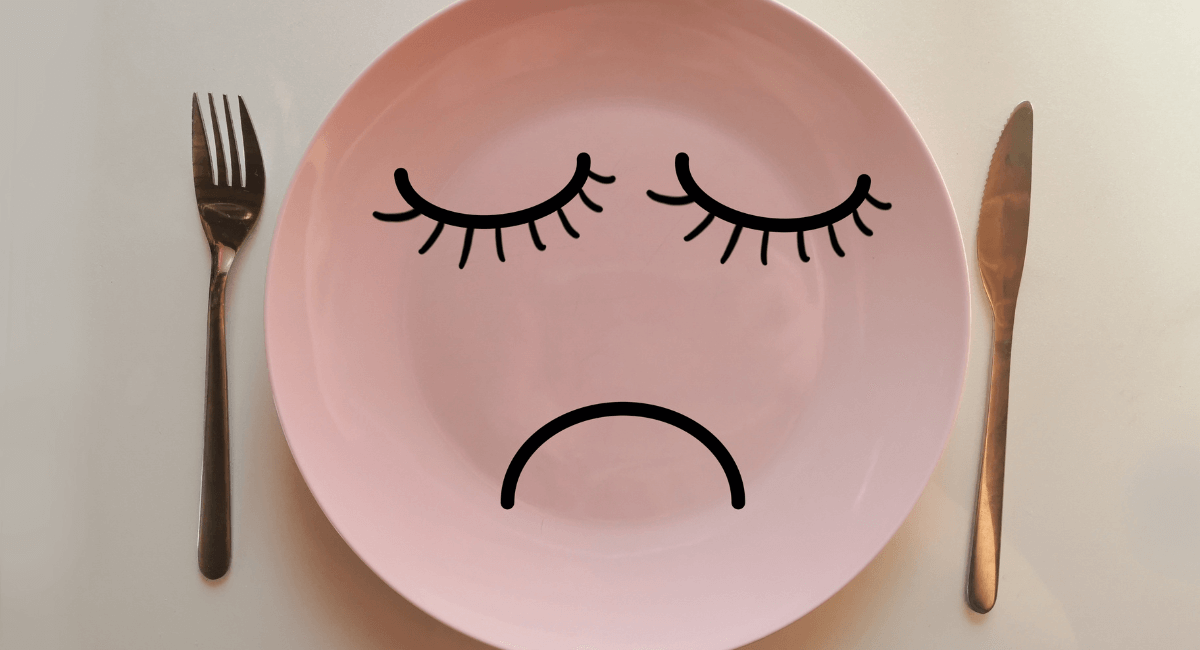In the quest for weight loss, many people turn to drastic measures like fad diets or extreme workout routines. While these approaches might offer quick results, they often lead to frustration and weight regain once old habits resurface. Instead, sustainable lifestyle changes are the foundation for long-term success. By focusing on building healthy habits that last, you can achieve your weight loss goals and maintain them without resorting to unsustainable extremes.
The Importance of Habit Formation in Weight Loss
Weight management isn’t just about losing pounds; it’s about maintaining that loss over time, which heavily relies on the science of habit formation. Habits are formed through neural pathways in the brain, specifically in the basal ganglia, which governs automatic behaviors (MIT News). Repeated actions strengthen these neural connections, much like building muscle at the gym. Just as regular workouts make muscles stronger, repeated behaviors become more automatic. The brain also releases dopamine during habit formation, reinforcing positive habits, and making them easier to sustain. This process is critical for long-term weight management, as the brain requires less effort to execute these habits once they are ingrained.
The Power of Small Changes
It’s tempting to try and change everything at once, but sustainable weight loss is achieved through gradual, consistent changes. Research shows that making one or two small adjustments at a time—such as adding more vegetables to your diet or incorporating a short daily walk—can have a more lasting impact than attempting an overnight transformation. This process is known as “habit stacking,” where small, manageable changes compound over time to create lasting behavioral shifts (Cornell Chronicle).
Key Sustainable Lifestyle Changes for Weight Loss
When making lasting changes, it’s essential to take a broader view. Rather than focusing solely on weight loss or a number on the scale, aim to develop a lifestyle that supports your health and well-being in the long run.
Try this Exercise: Shifting Focus from the Scale to Lifestyle
Take a few moments to reflect on the following questions:
- Why do you want to lose weight?
Think beyond the surface. Are you aiming for better health, more energy, or confidence? Reflecting on your “why” helps connect your goals to your personal values, engaging both emotional and logical parts of your brain. This deeper motivation strengthens neural pathways and makes habits stick.
- What do you want your life to look like?
Visualize your ideal day. How do you feel in your body? What activities do you enjoy? By imagining your future, you activate the brain’s reward system, releasing dopamine, which increases motivation and reinforces positive behaviors.
Write your answers down, and revisit them as you make small, sustainable changes to your routine. These reflections are not only a foundation for healthier habits but also a powerful tool in maintaining long-term success.
Prioritize Balanced Nutrition
Instead of following restrictive diets, focus on creating balanced meals rich in nutrients. Incorporate lean proteins, healthy fats, whole grains, and a variety of fruits and vegetables into your daily routine. Consistency is key here. Building a foundation of balanced nutrition helps turn meal preparation into a habit rather than a chore, making it easier to sustain in the long term.
Practice Mindful Eating
Mindful eating is one of the most powerful habits you can form. Being aware of your hunger and fullness cues prevents overeating and helps you make conscious food choices. Practicing mindfulness allows you to recognize your emotional triggers around food, improving your relationship with eating and encouraging more balanced, intuitive choices (Harvard T.H. Chan School of Public Health, n.d.).
Exercise Regularly, but Don’t Overdo It
Develop a consistent routine for exercise. Just like how muscle memory kicks in when driving the same route to work, regular workouts become automatic over time. Aim for at least 150 minutes of moderate exercise per week, choosing activities that you genuinely enjoy. Consistency, rather than intensity, is what drives long-term success.
Prioritize Sleep
Lack of sleep can disrupt hormones like ghrelin and leptin, which regulate hunger and fullness, leading to overeating. To prevent this, establish a consistent bedtime routine that makes sleep a priority. Getting 7-9 hours of quality sleep supports your weight loss goals and overall health by allowing your body to recover and reset (Mayo Clinic Connect).
Build a Support System
Having a supportive network can make a world of difference in sticking to long-term goals. Surround yourself with family, friends, or communities that encourage healthy habits and provide accountability. The power of community and shared motivation can help reinforce positive changes and prevent setbacks (DB Creative).
Build a Lifestyle That Lasts
Sustainable weight loss isn’t about quick fixes or drastic measures. It’s about creating a lifestyle that supports your goals over the long run. These are the exact steps we review with each and every patient, focusing on small, consistent changes that help you develop healthy habits. This approach leads to lasting success without the frustration of yo-yo dieting. Remember, the goal is not perfection—it’s progress. Gradual, sustainable changes become part of your identity, leading to a healthier, happier life.
Ready to take the next step? Schedule an appointment today at Activated Health and Wellness!

References
Graybiel, A. (2018, February 8). Distinctive brain pattern helps habits form. MIT News. https://news.mit.edu/2018/distinctive-brain-pattern-helps-habits-form-0208]
Cornell University. (2012, December 20). Small changes at least 25 days a month prompt weight loss. Cornell Chronicle. https://news.cornell.edu/stories/2012/12/small-changes-least-25-days-month-prompt-weight-loss
Harvard T.H. Chan School of Public Health. (n.d.). Mindful eating. The Nutrition Source. Retrieved October 9, 2024, from https://nutritionsource.hsph.harvard.edu/mindful-eating/
Mayo Clinic. (n.d.). How does sleep (or lack of it) impact weight? Mayo Clinic Connect. Retrieved October 9, 2024, from https://connect.mayoclinic.org/blog/weight-management-1/newsfeed-post/how-does-sleep-or-lack-of-it-impact-weight/
Blakely, D. (2023). Harnessing the power of community: Building a supportive network for success. Dorlita Blakely Creative Brand. Retrieved October 9, 2024, from https://www.dorlitablakely.com/mindset/harnessing-the-power-of-community-building-a-supportive-network-for-success/










